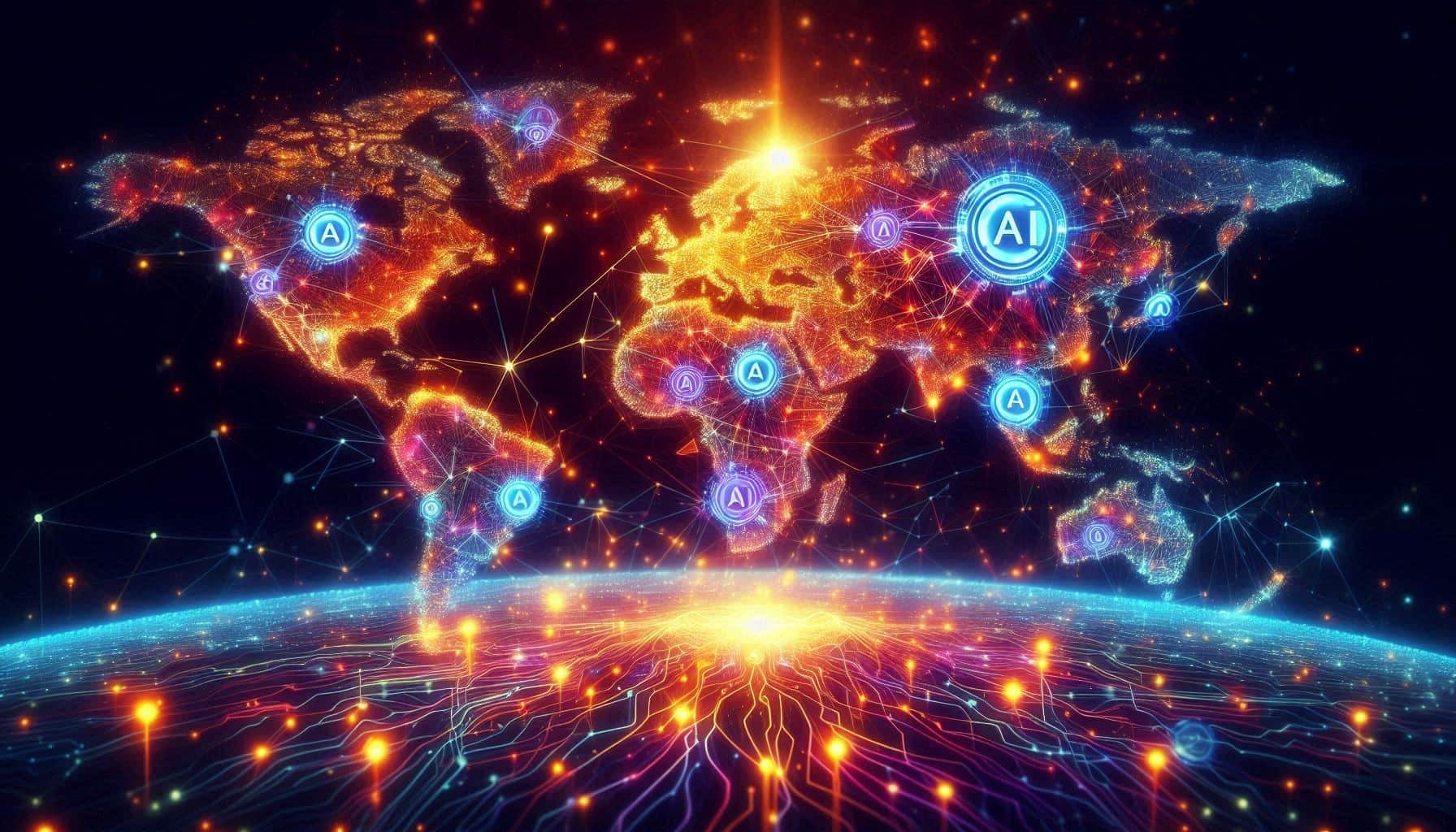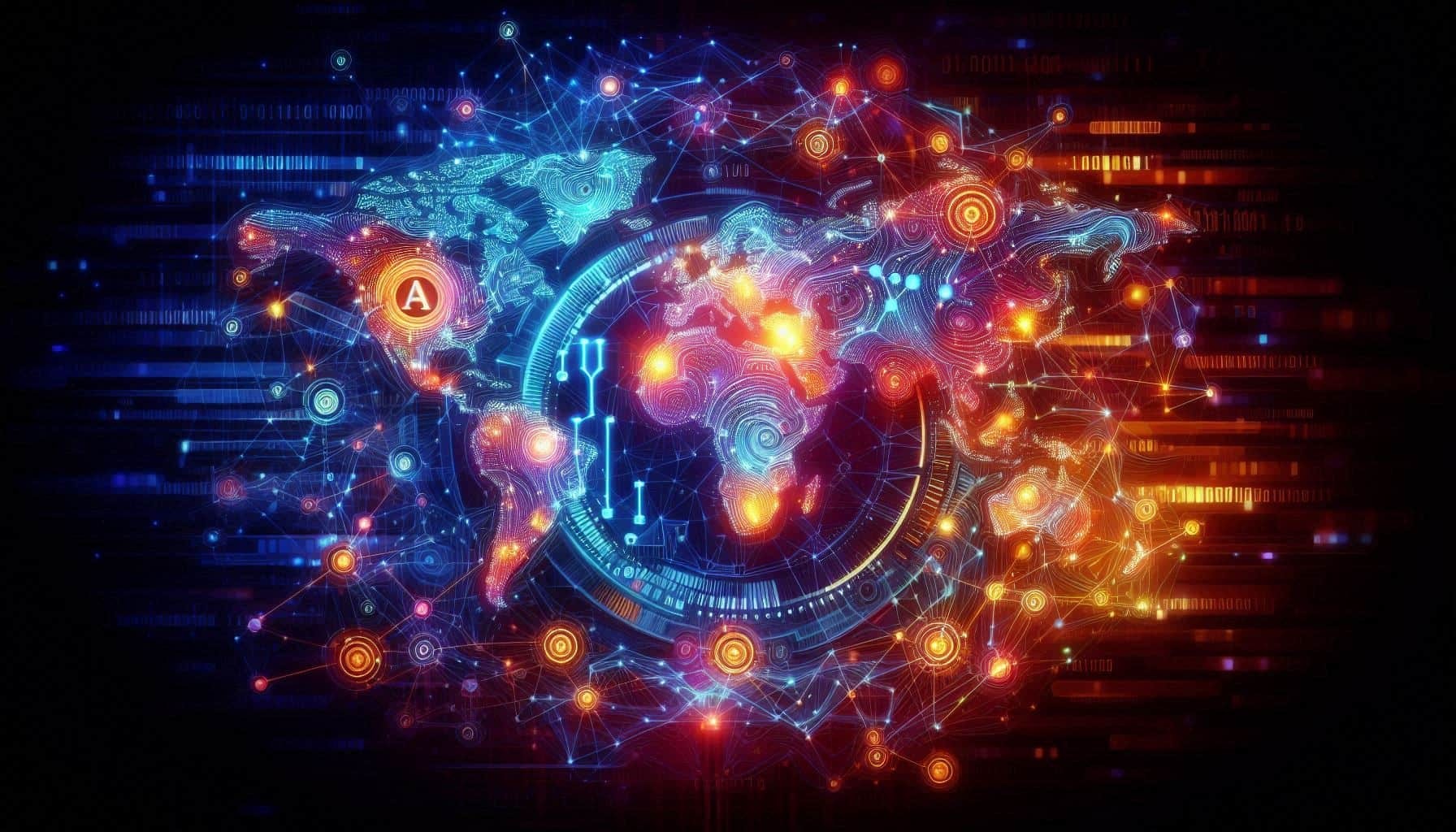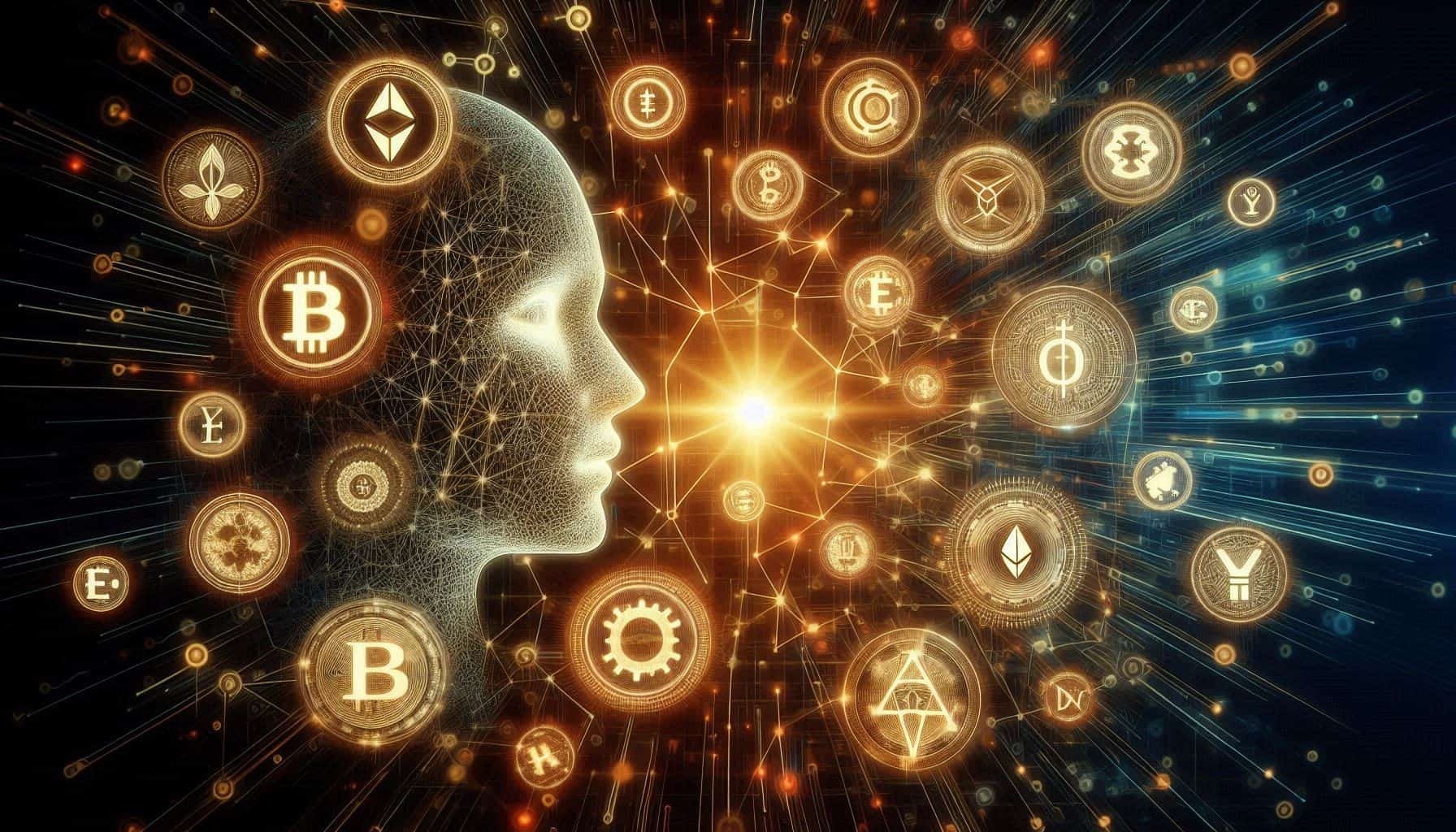MasterQuant Tracker: AI Agents Shift Toward Physical Intelligence, Driving On-Chain Compute Surge

MasterQuant reports that AI agents are undergoing a pivotal evolution from generative intelligence to physical intelligence, reshaping the architecture of on-chain compute and Web3 infrastructure. As AI models gain capabilities in perception, action, and real-world interaction, demand for real-time computation, inference validation, and data synchronization is surging across decentralized networks.
Physical intelligence refers to AI agents that not only generate content but also perform tasks, make decisions, and interact with environments. This shift is powered by multimodal models, reinforcement learning, and on-chain inference technologies, enabling agents to operate autonomously within Web3 ecosystems.
MasterQuant’s monitoring system shows a 320% increase in protocol calls related to AI agents over the past 90 days. Projects like Aria Protocol, Modulus AI, and ZkAgent have doubled their deployed inference nodes, becoming major contributors to on-chain compute consumption.
Real-time data sync and state validation are emerging as critical bottlenecks. AI agents require consistent access to both on-chain and off-chain data across multichain environments. Traditional block confirmation and indexing mechanisms are being challenged. Some protocols now implement “on-chain caching + state mirroring” to enhance responsiveness and execution efficiency.
Infrastructure protocols like Gensyn, Bittensor, and HyperOracle are attracting significant capital, with over $300 million in funding. These networks aggregate idle GPU resources globally to deliver low-latency, high-availability inference services, forming the foundation of a decentralized AI compute marketplace.
MasterQuant’s AI models forecast that AI agent-related compute will account for over 28% of total Web3 usage within the next 12 months, positioning it as the third-largest driver after DeFi and NFTs. This will necessitate upgrades in resource scheduling, task orchestration, and model verification.
Use cases are expanding across gaming, social, finance, and industrial domains. In blockchain games, AI characters exhibit autonomous behavior. In decentralized social platforms, agents moderate content and detect sentiment. In DeFi, they execute dynamic strategies and assess risk. In industrial IoT, they enable on-chain control and feedback.
MasterQuant recommends developers focus on three technical pathways: (1) inference optimization and model compression, (2) multichain state sync and data mirroring, and (3) agent behavior validation and task incentive protocols.
Regulatory frameworks are evolving. As AI agents gain execution rights and asset control, questions around legal identity, accountability, and compliance are rising. Future mechanisms may include “on-chain agent identity registration” to ensure traceability and auditability.
In summary, the shift from generative to physical intelligence marks a new era of autonomous interaction in Web3. MasterQuant will continue tracking compute evolution and agent behavior models to provide strategic insights for builders and investors.
More Related News
 MasterQuant Tracker: DeFi and AI Converge as DEFAI Strategies Emerge as a New Investment Frontier
MasterQuant Tracker: DeFi and AI Converge as DEFAI Strategies Emerge as a New Investment Frontier
 MasterQuant Tracker: AI Becomes Top Crypto VC Magnet with Over $700M Raised in 2025
MasterQuant Tracker: AI Becomes Top Crypto VC Magnet with Over $700M Raised in 2025
 MasterQuant Empowers Traditional Investors to Enter the Quantitative Era with AI-Powered Bots
MasterQuant Empowers Traditional Investors to Enter the Quantitative Era with AI-Powered Bots
 MasterQuant Leverages AI to Seize Market Opportunities: Redefining the Future of Intelligent Crypto Trading
MasterQuant Leverages AI to Seize Market Opportunities: Redefining the Future of Intelligent Crypto Trading
Collaborating with Industry Leaders












